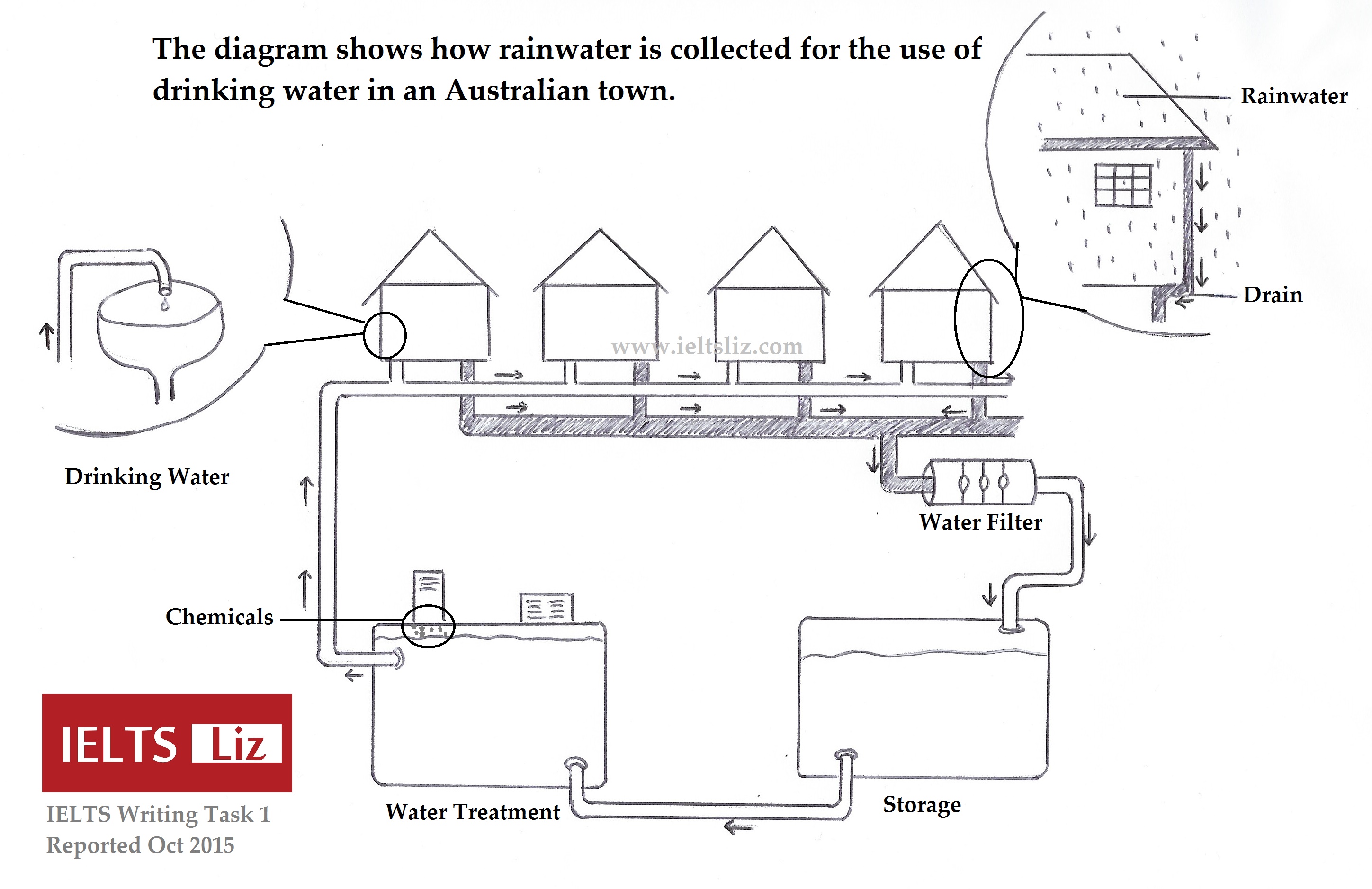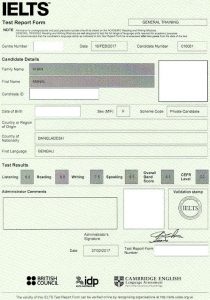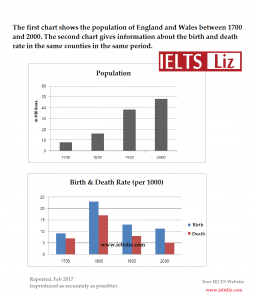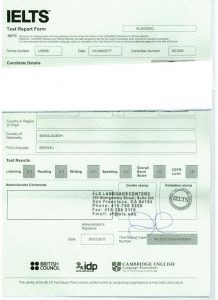These two listening practices focuses on listening for English names. This practice is important for students preparing for their IELTS test as well as other students studying English or planning to move to the UK.
Below are TWO LISTENING PRACTICE EXERCISES FOR NAMES.
You will find more useful tips for IELTS listening, after the practice exercise, lower on this page.
Instructions for Listening Practice
You should listen to the recordings and write down the names you hear.
Before you listen, please make sure you watch English Names Tips for Listening Video.
- Don’t forget to listen for titles. Some will have titles and other won’t. If there is a title, you must write it.
- Write down the complete name given.
- Some names will be spelled and others will not.
- You can learn some common English names here: Boys Name and Girls Names
- All free listening practice and tips: IELTS Listening Main Page
Capital letters: Please see this page: Using capital letters in IELTS
Listening Practice for Names 1
You will hear 10 names. Listen and write down what you hear.
Answers
Click below to reveal the answers:
Answers- David Darwin
- Mrs Alice Smith
- Balthazar Jones
- Sara Bartholomew
- Sean Bean
- Mr Frank Allenson
- A R Beevers
- James Chichester
- Mary Schooling
- Sir Paul McKellen
Listening Practice for Names 2
You now have a chance to listen again to 10 new names. Think about the mistakes you made in the previous practice and see if you can improve.
Answers
Click below to reveal the answers:
Answers- Dr Davis
- Richard Chamberlain
- Miss Victoria Halley
- Mr C J Billings
- Robert Powers
- Emily Jackson
- Nora Ingalls
- Mrs Caroline Castle
- Charles Pringle
- Emma Ford
Capital letters are not needed and are not marked so don’t worry if you use them or not. See this page: IELTS Exam FAQ
More IELTS Listening Practice
To get more tips and also free listening practice. See my MAIN IELTS LISTENING PAGE
Main IELTS Pages
Develop your IELTS skills with tips, lessons, free videos and more.
- IELTS Listening
- IELTS Reading
- IELTS Writing Task 1
- IELTS Writing Task 2
- IELTS Speaking
- Vocabulary for IELTS











